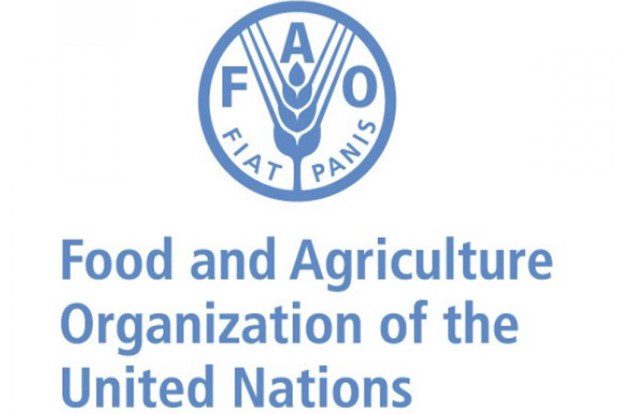The Food and Agricultural Organisation (FAO) has stated that global consumption of aquatic foods, excluding algae, has increased at an average annual rate of 3.0 per cent since 1961, reaching 20.2 kilogram per capita.
According to the FAO, the increase is more than double of consumption in the 1960s, adding that the growth in aquaculture, particularly in Asia, lifted total production of fisheries and aquaculture to an all-time high of 214 million tonnes in 2020.
In a statement obtained from its website tagged, “FAO 2022 Flagship Report,” the United Nation (UN) food body said that the state of world fisheries and aquaculture revealed that aquaculture has witnessed dramatic growth, projecting that consumer demand is expected to drive further expansion.
The statement added that the FAO is committed to the “Blue Transformation,” a visionary initiative to meet the twin challenges of food security and environmental sustainability while ensuring equitable outcomes and gender equality.
The FAO stressed that fisheries and aquaculture could contribute more to improve global food security and nutrition, but advocated that efforts must be stepped up to ensure further development is efficient, inclusive and sustainable while recognising the vital role of small-scale fishers and fish farmers.
The FAO Director General, Mr. Qu Dongyu, said at the 35th session of the Committee on Fisheries (COFI35), which is the only global inter-governmental forum that provides recommendations and policy advice to governments, regional fishery bodies, civil society organisations, as well as the private sector and international community, said that as the world is facing acute food shortages, fisheries and aquaculture play an increasingly important role in providing food, nutrition and jobs across the world.
Dongyu said: “This week’s COFI meeting will discuss how to grow global aquaculture sustainably and equitably, improve fisheries management and increase efforts to eliminate Illegal, Unreported and Unregulated (IUU) fishing, and how to ensure biodiversity conservation and sustainable development of fisheries and aquaculture in the context of a changing climate.”
Qu also announced the launch of the first-ever FAO fish recipe book, the product of his initiative at the last session of COFI, and invited members and FAO staff to share how they experience fish as food in their lives.
The book combined food recipes from around the world with FAO’s technical information on the ecology, sustainability and nutritional content of the fish used in the recipes, some submitted by renowned chefs.
He said: “We can all do more, and we must continue to listen to the voices and needs of small-scale, fishers, fish farmers and fish workers. We are paying tribute to the “women, men, youth, indigenous peoples and rural communities who are the backbone of the small-scale fisheries and aquaculture sub-sectors.
“Today, we are here to recognize and support this historic, yet dynamic and innovative way of living, and to preserve it for future generations.”
Qu stressed the importance of developing national plans and strategies in support of small-scale fisheries and aquaculture, building on established instruments such as the voluntary guidelines for securing sustainable small-scale fisheries in the context of food security and poverty eradication.











































